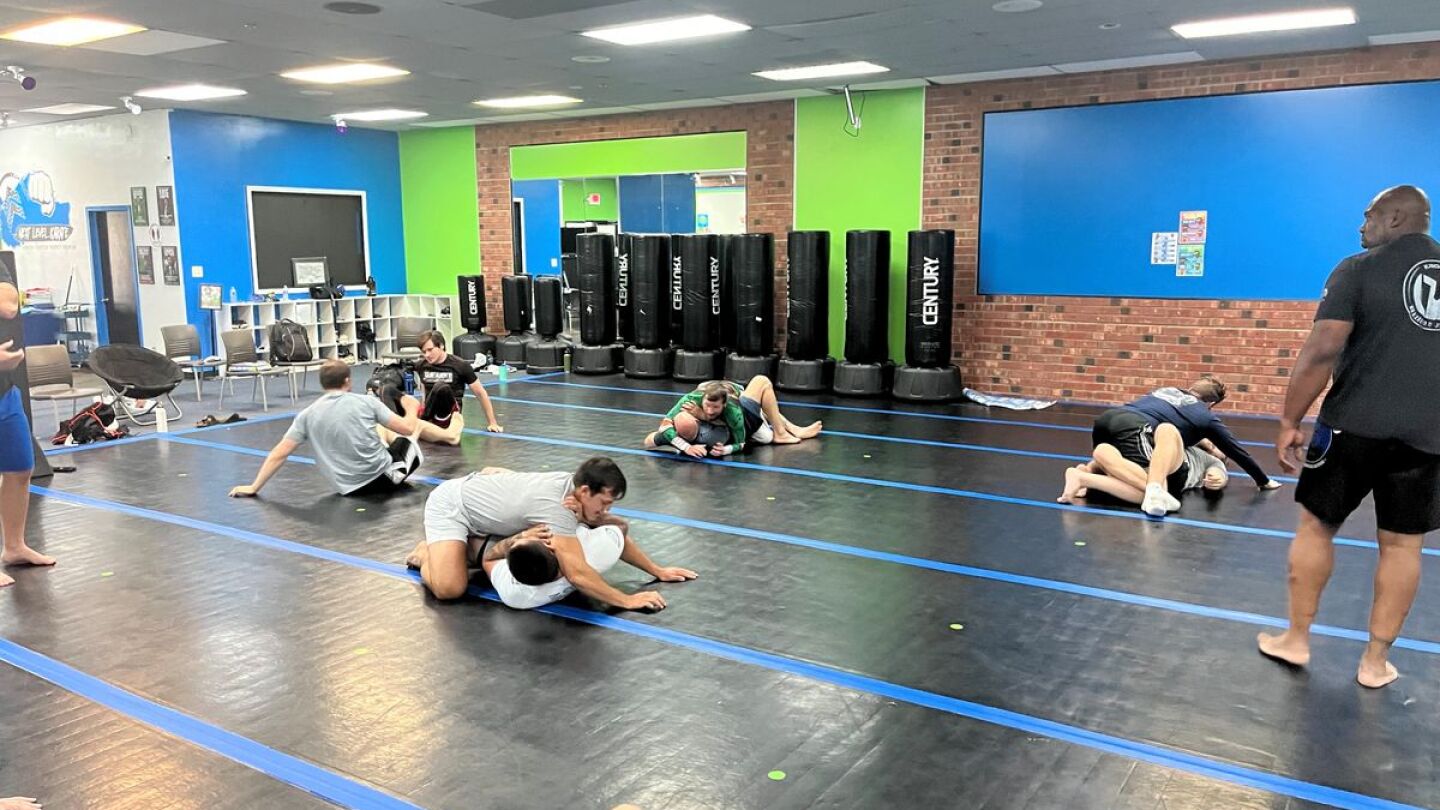Tyson Kilbey has more than 25 years of experience in law enforcement, consisting of three years as a hotel security supervisor and 22 years as a deputy sheriff for the Johnson County (Kansas) Sheriff’s Office. He has worked in the detention, patrol and training divisions, SWAT and accident investigation units. He is currently a captain of the Training Unit for the Sheriff’s Office.
Tyson authored “Personal Defense Mastery,” a follow-up to his first book “Fundamental Handgun Mastery.” Tyson is a Jiu-Jitsu black belt under UFC Pioneer Royce Gracie. He has numerous defensive tactics and firearms certifications and has received multiple awards in competitive shooting and grappling. He is the Match Director for the Brandon Collins Memorial Shootout, a shooting competition named in honor of a deputy who died in the line of duty. Proceeds from the match go to charitable causes.












